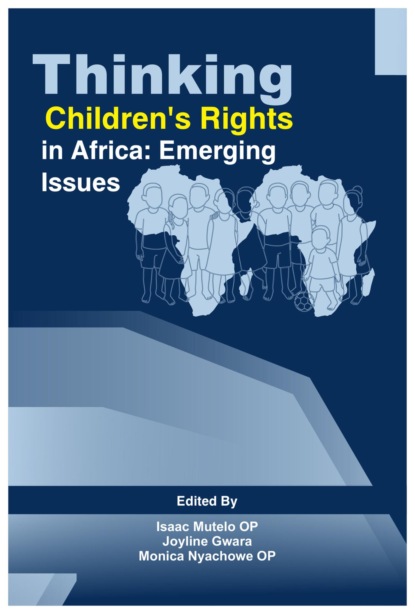Volume 380 pages
0+
Thinking Children's Rights in Africa
About the book
Children remain among the most vulnerable members of society, and the responsibility of protecting their rights requires ongoing intellectual, legal, religious, cultural and social engagement. Since the adoption of the African Charter on the Rights and Welfare of the Child (ACRWC) in 1990, African states have made significant progress in developing legal frameworks and mechanisms protecting children. However, emerging challenges and deep-rooted structural issues continue to hinder the full realisation of children's rights across Africa. Thinking Children's Rights in Africa: Emerging Issues is a response to this reality. It is a multidisciplinary volume that brings together a wide range of voices – academics, practitioners, philosophers, theologians, social workers, and child rights advocates – to reflect on the progress, contradictions, and persistent gaps in Africa's child protection landscape. The volume consists of fourteen chapters and includes the work of more than nineteen contributors, many of whom have conducted empirical research, engaged with policy and existing literature, and/or drawn from years of practical experience. The book begins by exploring traditional and theoretical foundations of children's rights in Africa, emphasising the relevance and tensions between customary norms and contemporary child protection discourses. It then considers the legal and policy dimensions as well as lived realities and emerging challenges, including child marriage, trafficking, sexual abuse, and the situation of children in street contexts. The role of religion, law, and policymakers in shaping the future of child rights on the continent is emphasised.
